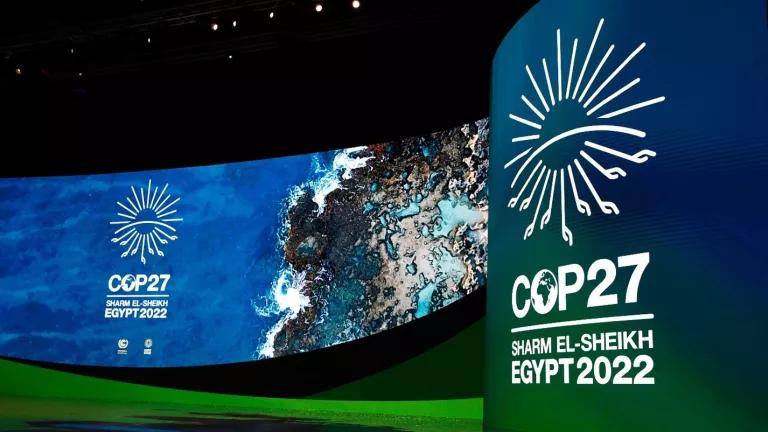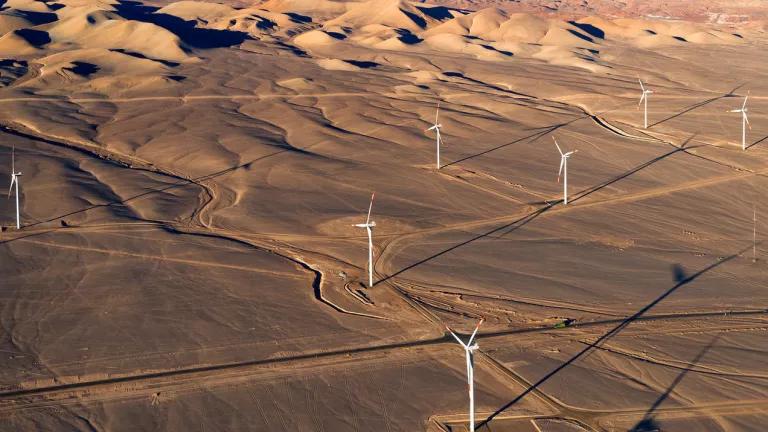Brazil Formally Joins the Paris Agreement
Brazil has demonstrated climate action leadership, and countries, both larger and small, are certain to follow suit in the upcoming months.

During the 2016 Summer Olympics Brazil took the opportunity to highlight the severity of climate change with a video played during the opening ceremony. The Olympics may have concluded, but Brazil is not ready to end their global leadership. Brazil formally joined the Paris Agreement, signaling that they want to be a leader on the gravest challenge facing humanity. As one of the world’s largest emitters Brazil is sending a powerful signal to the other big economies—time to formally join this historic agreement.
With Brazil, China, U.S., and the 25 other countries that have formally joined the Paris Agreement, we are very close to the thresholds necessary for this agreement to enter into force. We now have 28 countries that account for 41.56% percent of the world’s emissions that have formally joined this agreement (Brazil accounts for 2.48 percent of global emissions). And more countries have publicly said that they will join this year (see figure). Brazil is the 7th largest emitter of emissions, only behind Japan, India, Russia, European Union, U.S., and China (in ascending order).
Formally joining the Paris Agreement was the next logical step for Brazil to “put their money where their mouth is” and prove that their commitment to combatting climate change is more than simply playing a video about its catastrophic effects.
With this step, Brazil signals that it is prepared to continue its efforts to address climate change in the coming years and to strengthen those efforts over time. As a part of the Paris Agreement, Brazil committed to:
- reduce economy-wide greenhouse gas emissions by 37 percent below 2005 levels by 2025;
- increase renewable resources to 45 percent of the energy mix by 2030; and
- increase the share of non-hydropower renewables in the electricity mix to 23 percent by 2030.
The country has witnessed significant drops in its deforestation emissions and has committed to scaling up its renewable energy. However they will need to continue their drop in deforestation emissions and ensure that they are investing in more clean energy instead of fossil fuels. There are some signs that Brazil’s deforestation emissions may be heading in the wrong direction, so it will be essential that the government strengthen their efforts to address deforestation and ensure that this recent uptick ends quickly.
We are confident that the Paris Agreement will enter into force this year, an exciting moment of global synergy. Brazil has demonstrated climate action leadership, and countries, both larger and small, are certain to follow suit in the upcoming months.
This post was written with Sarah Lyn Vollmer.




